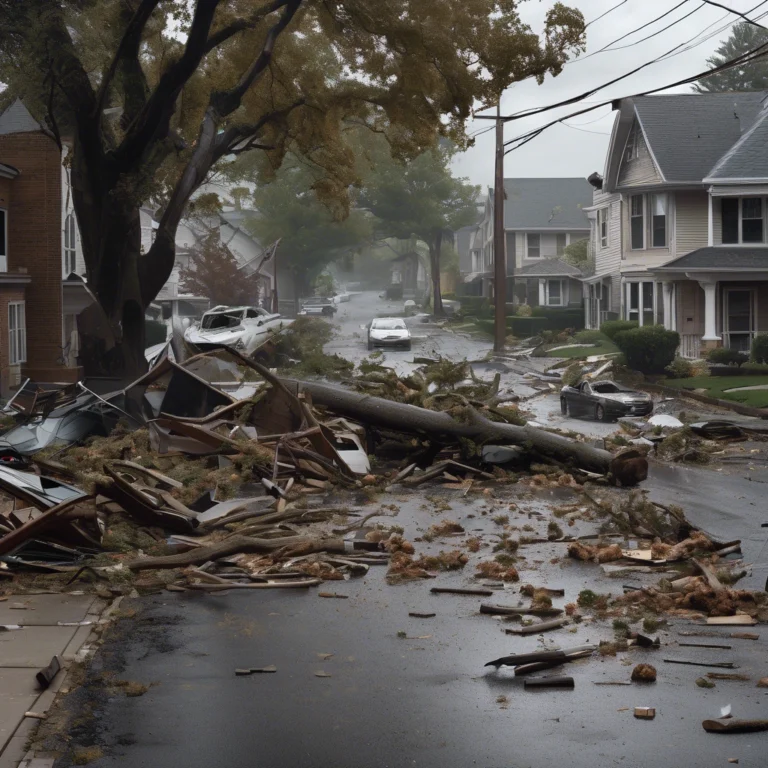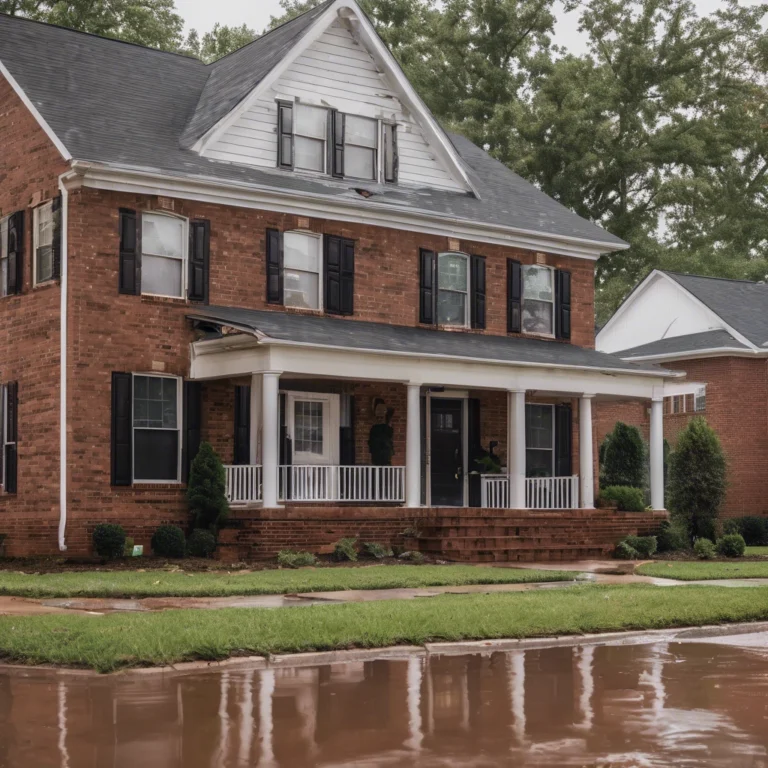Quick, professional sewage backup cleanup when it matters most.
Sewage backups aren’t just unpleasant—they’re hazardous. Exposure to raw sewage can lead to serious health risks and extensive property issues if not addressed quickly. That’s why our certified team provides quick and dependable sewage clean up services. Making your home or business safe and clean again is our goal!


Our focus is on emergency sewage removal, biohazard cleanup, and contaminated water extraction. We use advanced tools and trusted methods to clean and deodorize affected areas completely. With 24/7 availability, we respond quickly to minimize health risks and prevent further damage.
Don’t wait to handle sewage problems—acting fast is essential. Call now for quick, professional sewage cleanup and removal. Our expert team is available 24/7 to protect your property and health. We respond fast and restore your space with care and precision.
Get fast, dependable help to reduce damage from sewage disasters and start recovery right away. We’re available 24/7 and respond quickly, so you can count on immediate support whenever you need it.
Trust us for professional sewage clean up services that protect your property and your peace of mind.
Call now for immediate help 615-359-9406
Or fill out our contact form, describing what’s going on and someone will respond quickly!
At 24 Hour Flood Fighters, we deliver fast, expert sewage cleanup services that restore your property to a safe, livable condition. Our certified team uses a proven, step-by-step process to handle every aspect of sewage removal with precision and care—protecting your health and your home.
Our Emergency sewage response process begins with a quick assessment by our professionals. Next, the area is disinfected and deodorized. Then, sewage and contaminated water are extracted. Finally, we dehumidify the area using commercial drying systems.
Sewage backups are dangerous and need fast action. Raw sewage can cause health problems and property damage. Our certified team provides fast, reliable sewage cleanup to make your home or business safe again.
We handle emergency sewage removal, biohazard cleanup, and dirty water extraction. Using advanced tools, we clean and deodorize all affected areas. We’re available 24/7 to protect your health and prevent more damage.
sewage cleanup services near me, servpro rockvale, 24 hour flood fighters, 24 hour emergency sewage cleanup, sewage backup cleanup near me, emergency sewage cleanup, sewage cleanup experts, sewage cleanup crossville tn, sewage clean up services nashville, sewage clean up services murfreesboro